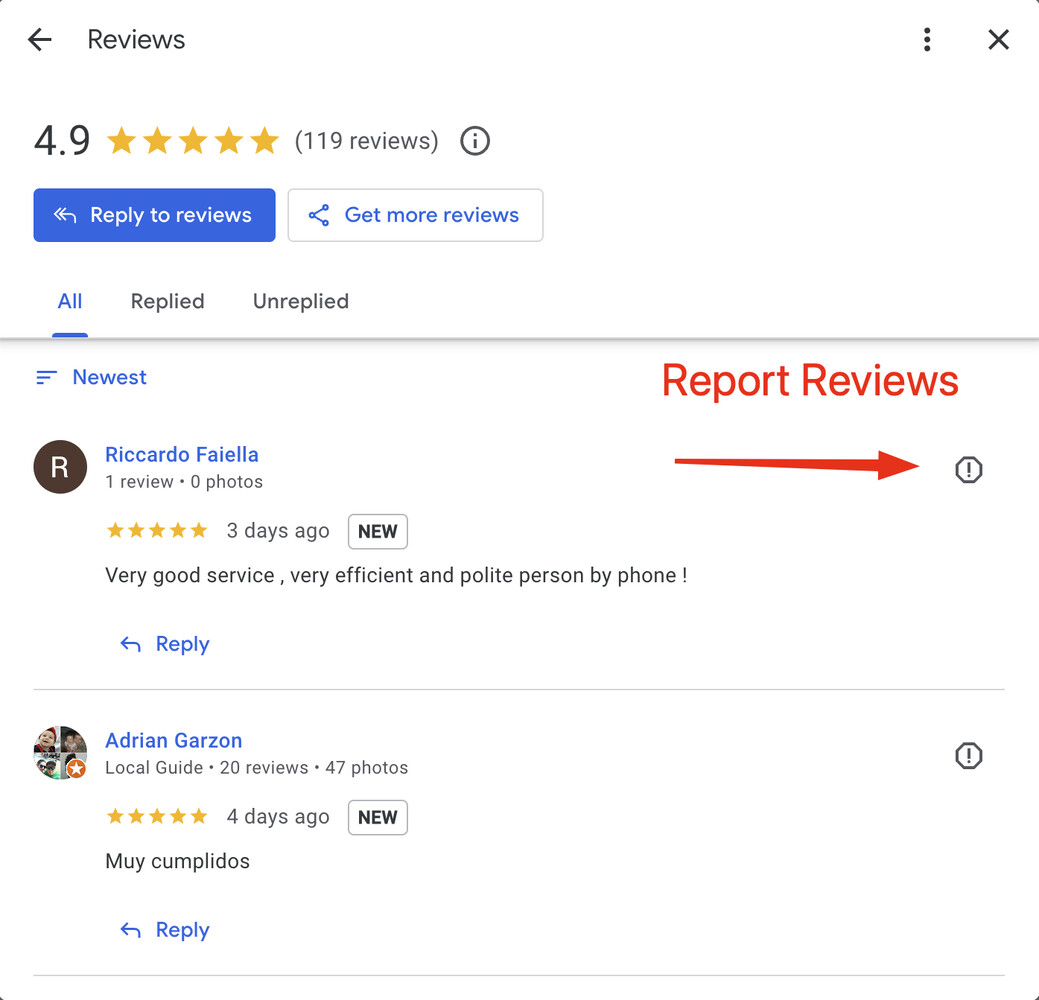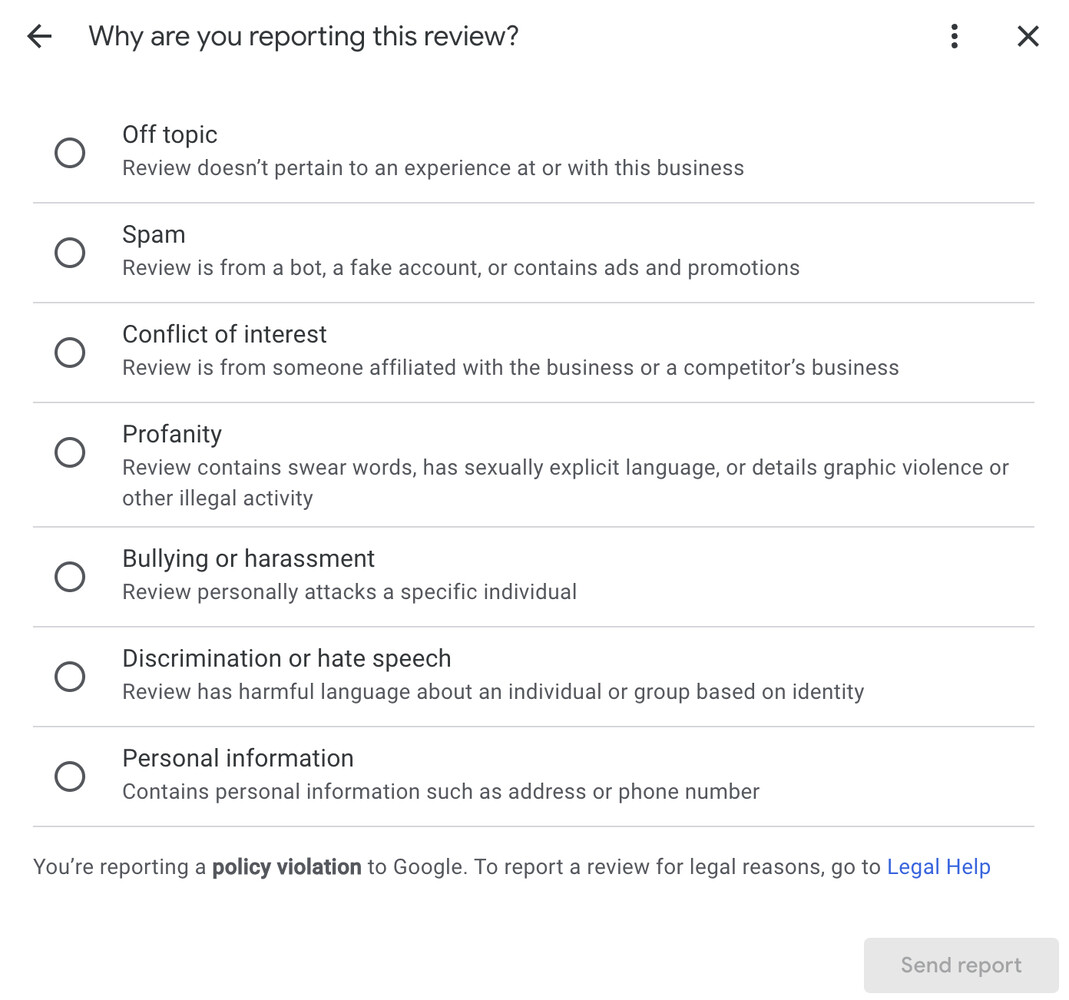In today’s digital age, a law firm’s online reputation plays a crucial role in attracting and retaining clients. Negative Google reviews, whether legitimate complaints, misunderstandings, or false accusations, can significantly impact a firm’s credibility. Managing these reviews effectively requires a strategic approach that combines proactive engagement, reporting mechanisms, and legal remedies when necessary. This guide explores the challenges law firms face when dealing with harmful reviews on Google and provides actionable steps to maintain a professional and positive online presence.
Understanding Google’s Review Policies
Google enforces strict guidelines to ensure that reviews remain fair and authentic. Law firms must understand these policies to identify and address harmful content appropriately. Google prohibits reviews containing misleading information, conflicts of interest, offensive language, spam, or personal attacks. Reviews that do not comply with these guidelines can be flagged and removed.
Identifying fake or malicious reviews requires vigilance. Common indicators of fraudulent reviews include generic comments with no specific details about the law firm’s services, reviews from non-clients, or an influx of negative reviews within a short period. Competitor-driven reviews and AI-generated spam reviews also pose risks that need to be mitigated through appropriate reporting and removal strategies.
Steps to Report and Remove Negative Google Reviews
Removing inappropriate or defamatory reviews requires a structured approach. Law firms can flag a review for removal through their Google Business Profile by selecting the report option and providing a justification for why the review violates Google’s policies. If Google does not act on the report, firms can escalate the issue by submitting a formal request using the Google Review Removal Tool. This process involves providing supporting evidence to demonstrate why the review should be taken down.
If initial attempts fail, following up with Google Business Support is essential. Providing a clear, well-documented case increases the likelihood of a successful resolution. Persistence is key, as reviews may not always be removed on the first attempt.

Engaging with Negative Reviews Professionally
When a negative review does not qualify for removal, law firms should focus on engaging professionally. Responding promptly, acknowledging client concerns without admitting fault, and offering to resolve issues privately can mitigate reputational damage. Maintaining a calm, professional tone and avoiding heated exchanges can demonstrate credibility and professionalism to potential clients reading the reviews.
Turning negative reviews into positive outcomes is also possible. By addressing concerns effectively and improving client satisfaction, some clients may choose to amend or remove their negative feedback. Encouraging satisfied clients to leave positive reviews can further balance out any negative content and reinforce a firm’s strong reputation.
Legal Actions for Defamatory Reviews
If a harmful review is false and significantly damages a firm’s reputation, legal action may be necessary. Under Thai law, defamation is covered by Section 326 of the Thai Criminal Code, which makes it a criminal offense to falsely accuse someone in a way that harms their reputation. Additionally, the Computer Crimes Act (CCA) provides further protection against online defamation, allowing legal recourse for defamatory digital content.
Pursuing legal action should be considered when all other removal options have been exhausted. A defamation lawyer can assess the review, issue cease-and-desist letters, and initiate legal proceedings if required. While legal action can be an effective deterrent, firms must weigh the potential risks, including prolonged litigation and increased public scrutiny.

Proactive Reputation Management Strategies
Preventing negative reviews is as important as addressing them. Law firms should adopt proactive reputation management strategies, such as regularly monitoring their online presence using Google Alerts and reviewing feedback promptly. A strong client service approach minimizes the chances of negative feedback appearing online in the first place.
Building a strong online reputation involves highlighting positive client experiences. Displaying testimonials on the firm’s website, leveraging SEO strategies to promote positive content, and maintaining an active presence on social media help reinforce credibility and trust.
Conclusion
Effectively managing Google reviews is essential for law firms to protect their reputation and maintain trust among clients. Understanding Google’s policies, proactively addressing negative feedback, and utilizing legal remedies when necessary ensures that a firm’s online presence remains strong. A well-executed reputation management strategy allows law firms to navigate challenges and uphold their credibility in an increasingly digital world.
